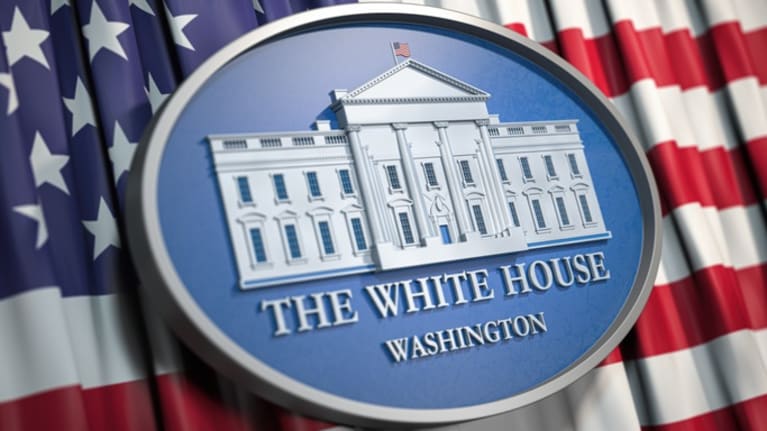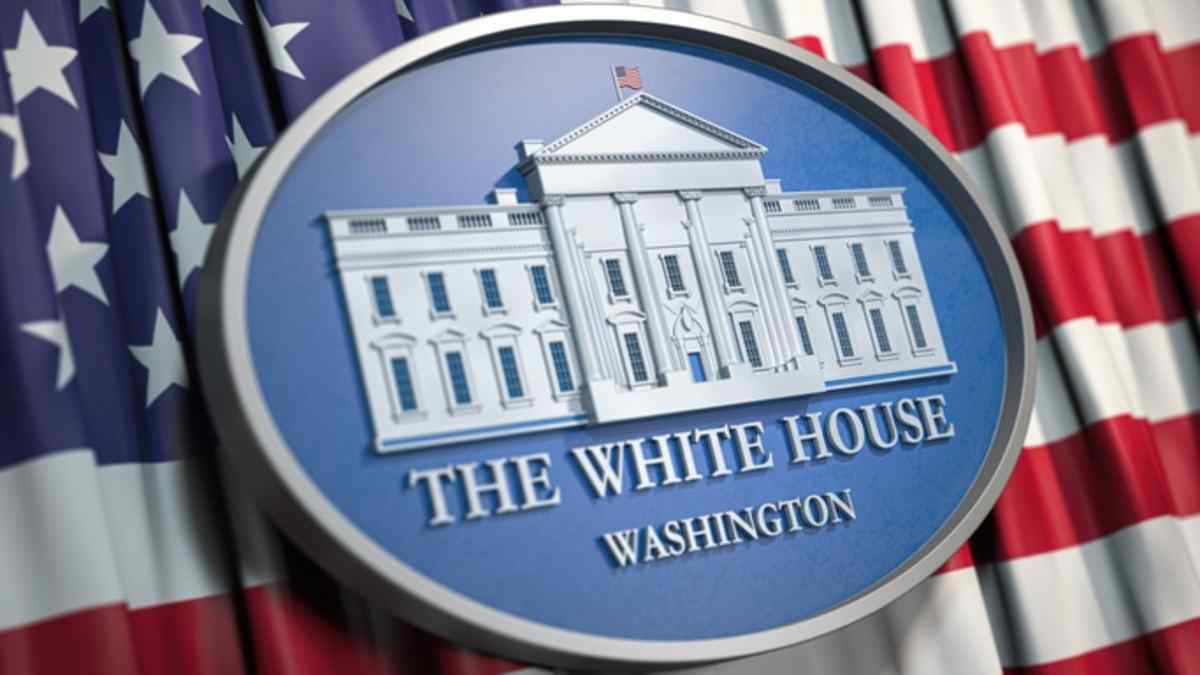

President Joe Biden signed an executive order on July 8 directing federal agencies to take steps within their power to safeguard abortions and reproductive health services, including ensuring the availability of emergency contraceptive medications and providing legal protection for out-of-state patients and abortion providers.
The order is in response to the U.S. Supreme Court’s June ruling in Dobbs v. Jackson Women’s Health Organization, which allows individual states to restrict access to abortion services. In addition to the executive order, the White House issued a fact sheet on its efforts to protect access to legal abortions.
Biden’s order requires the U.S. Department of Health and Human Services (HHS) to:
- Submit a report to the president within 30 days on efforts to ensure the availability of contraception and emergency medical care for pregnant women.
- Detail its public education efforts on protecting access to legal abortions.
- Consider ways to protect patient information related to reproductive health care and abortion services from law enforcement.
Joyce Alene White Vance, who served as the U.S. attorney for the Northern District of Alabama from 2009 to 2017, tweeted that the federal government can help protect access to abortion-related travel, First Amendment rights to share information regarding access to legal abortions and, subject to future litigation, abortion-related drugs. “Biden’s order formalizes this,” she said, and the measures are consistent with Attorney General Merrick Garland’s statement on the day of the Dobbs opinion.
According to Laurence Tribe, professor emeritus at Harvard Law School, the president’s actions “have been carefully vetted within the White House Counsel’s Office and at [the Department of Justice] and are assuredly within the president’s legal authority.”
Emergency Contraception
The president directed HHS to “take additional actions to expand access to the full range of reproductive health services,” including family planning services and providers, along with access to “emergency contraception and long-acting reversible contraception like intrauterine devices (IUDs),” according to the White House fact sheet.
Emergency contraception refers to so-called “morning-after” pills that can be taken to prevent pregnancy up to three days after unprotected sex, under certain conditions.
Ben Conley, an attorney with Seyfarth in Chicago, said there are unresolved legal questions about employer health plans that cover abortifacients, which are drugs that cause abortions, and many employers are revisiting the extent to which they cover abortifacient drugs such as mifepristone and misoprostol.
Access to abortifacient drugs through telehealth may not be a long-term option in states restricting abortion because more states are starting to limit access to them, Conley said.
According to an alert by national law firm Spencer Fane, the Affordable Care Act and its implementing regulations require employers to cover the costs of contraceptives approved by the Food and Drug Administration (FDA), including “hormonal treatment (such as birth control pills), sterilization (tubal ligation for women), and emergency contraception (such as Plan B). The contraceptive coverage mandate does not, however, include abortifacient medications,” which the law distinguishes from emergency contraception.
Garland recently asserted that federal law would pre-empt state bans on FDA-approved birth control, including emergency contraception, the attorneys noted.
Abortion-Related Travel
The president’s order directs the attorney general to “provide technical assistance to states affording legal protection to out-of-state patients as well as providers who offer legal reproductive health care.”
Legal issues have been raised about providing travel benefits for employees to receive abortions. Meredith Kirshenbaum, a principal in the Chicago office of law firm Goldberg Kohn, said that in states such as Texas, where a new state law bans most abortions after about six weeks and allows private citizens to sue anyone who “aids or abets” a prohibited abortion, that “we are likely to see litigation of this issue” of employers reimbursing abortion travel and providing related benefits.
Nevertheless, many prominent U.S. companies are publicizing their support for abortion-travel benefits.
Other Actions
The president also:
- Directed the secretary of HHS to ensure that all HHS-funded providers and clinics have appropriate training and resources to handle family planning needs, using nearly $3 million in new funding announced at the end of June to bolster training and technical assistance for Title X family planning providers.
- Directed HHS and the White House Gender Policy Council to establish and lead an interagency Task Force on Reproductive Health Care Access, responsible for coordinating federal interagency policymaking and program development.
- Affirmed the president’s support of guidance issued by the Office of Personnel Management stating that paid sick leave can be taken to cover absences for travel to obtain reproductive health care.
The order also supports a recent Department of Defense (DoD) memo stating that DoD civilian and military families are ensured access to women’s health care services, as permitted by federal law, including pregnancy termination in the cases of rape or incest or to protect the life of the mother.
